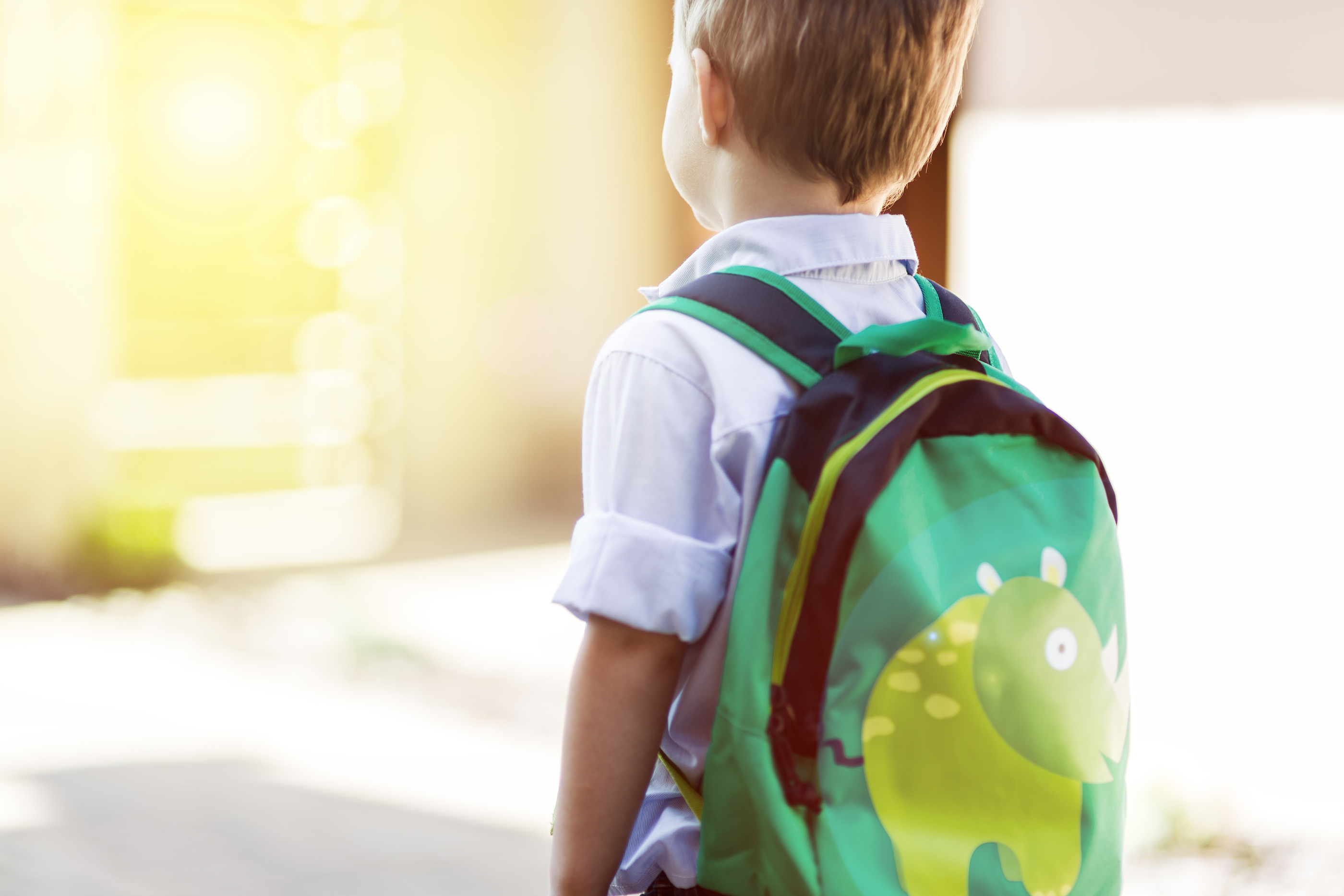
Health & Medicine
The value of strength-based parenting

Your guide to banishing the anxiety and rising to the challenge of one of life's biggest transitions
Published 26 January 2017
Firsts come around from day one of our lives. Your first hug, first word, first steps, first kiss or your first taste of chocolate. These are seen as exciting moments, but as we get older first events can be seen as a threat, harm, loss or challenge. It is how we construe or think of events that determine our experience.
The anticipation of an event by seeing it as a challenge is more helpful than the anxiety or fear of the new. This is the same for children as for adults.
As children prepare for their first day of school, we’re reminded the first day, first weeks or first year of school can either be feared, or awaited and embraced as a potential challenging experience.

For children this fear is all about what will happen to me. Will I know what to do, where to go? Will I have a friend to play with? Will someone pick me up when I fall down? In short, how will I cope?
For parents it is all this and more. Will my child know what to do? Will someone be kind to them? Will they make it to the toilet on time? What happens if they are tired and have a meltdown? And how will I cope with them growing up so fast? Where have the years gone? And in some cases, what should I do now?
Today anxiety or fear is what leads parents most frequently into the paediatrician’s surgery. It is parent fear, as much as that of children. How we project our fears or anxieties and how children learn to fear something new is learnt generally through experience in the family. Alternately we can teach children by example that the new can be fun, a challenge with which they can cope.

Health & Medicine
The value of strength-based parenting
While welling up on the first day of school might be common for many parents, emotions are infectious. If you’re openly upset, it’s likely your child will be too.
Walking to the school gate can be full of excitement and anticipation. If you are encouraging and optimistic about this part in the journey, hopefully your child will be too. Thankfully these days it is also likely to be a somewhat familiar place that has been visited during a transition program a couple of months prior. Such programs are commonplace in schools these days.
Once at school, you can be assured that teachers have skills to deal with first day jitters; they also know that children get very tired during their first weeks of school. They have skills to cope, as do children.
As for parents, there is the satisfaction that you have brought your child thus far, he or she will be taken care of and you now have a little more time on your hands. Be kind to yourself and allow yourself time to adjust. The challenge of the new has rewards that come with the experience. Remember that this can be an exciting beginning for both you and your child.
Handle your own emotions. Anxiety is contagious – parent anxiety can be transmitted to children. The first step is to be self-aware, deal with your own anxiety and work out why you’re feeling a certain way.
Be authentic. Children are surprisingly perceptive. They have antennae that tune in to parent behaviour so you need to be genuine.
Keep talking. Talking through your child’s fears and asking them what’s worrying them can help alleviate their anxiety.
Look to the future. Discussing your child’s first day and what will happen creates predictability about what will occur, reduces anticipatory stress, and helps them mentally prepare for change.
Make the journey to school a familiar one. Avoid first day surprises and set up a trial journey if practicable.
Prepare your child’s school clothes, school bag and lunch box. Doing this together can help boost excitement.
Get ready without fuss or rush. Emotions will be already be high so avoid a before school meltdown by allowing extra time.
Save the tears, be they of joy or distress, for the car as you drive away.
Share with other parents left behind at the school gate. They may be feeling just the same as you.
Turn on some happy music and be proud that you’ve got your little one this far.
Banner Image: Pexels